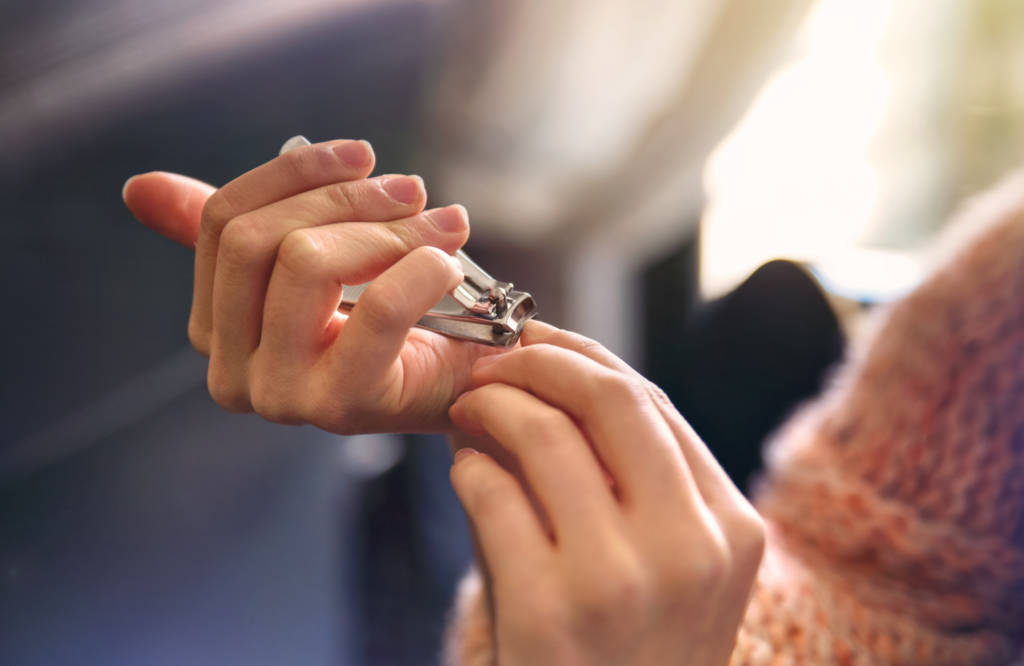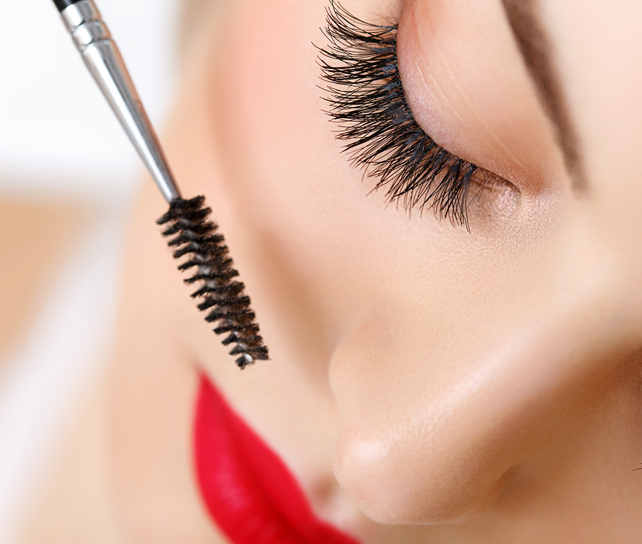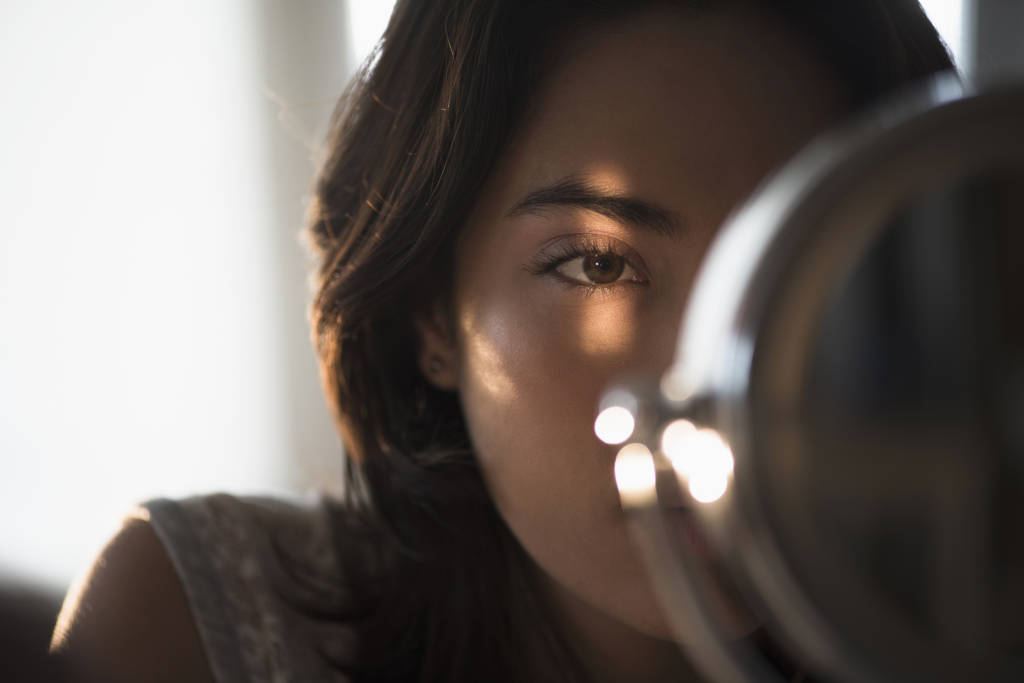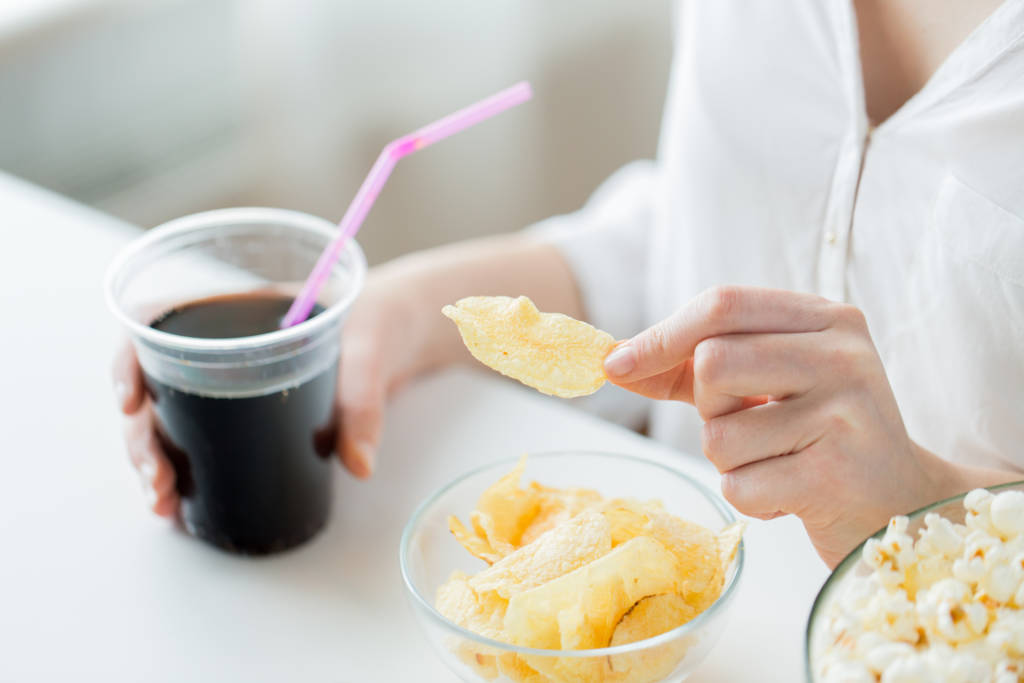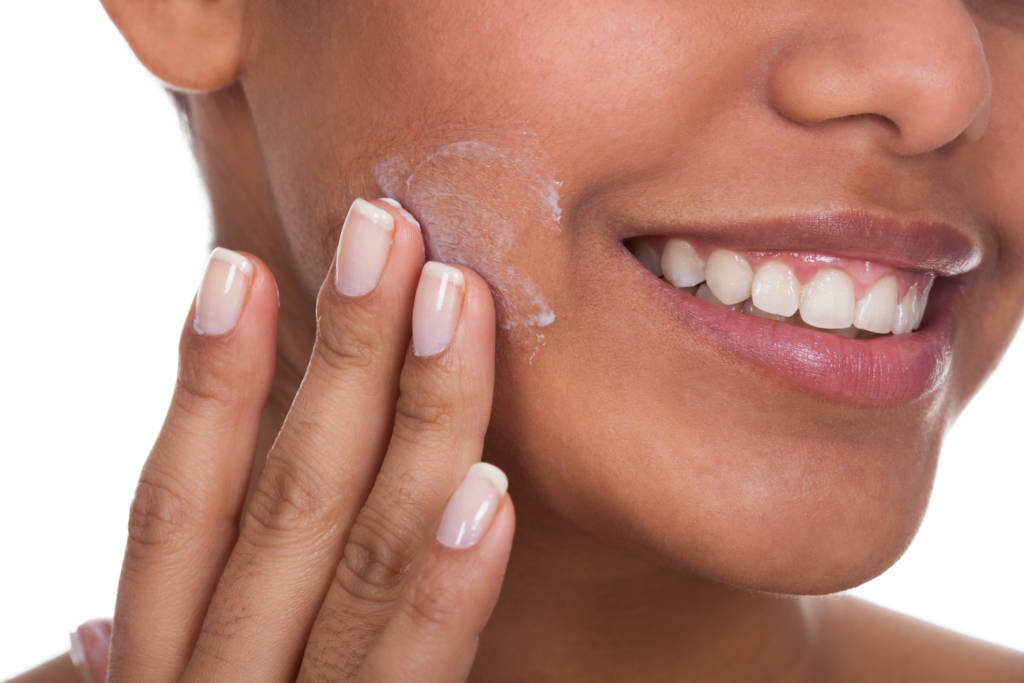
Americans live in a culture that glorifies youth. They’re surrounded by images of ideal, ageless beauty that are impossible standards to meet. That’s one of the reasons they spent an estimated $7 billion on anti-aging skin care products in 2008.
Still, without getting caught up in a narcissistic attempt to stay young forever, there are some simple steps you can take to look great for your age, whatever that may be. And one of the best areas to concentrate on is your skin. In a search for no-nonsense advice, we asked several respected dermatologists to share their secrets on how to keep our skin looking healthy and youthful.
But first, a little background on how skin ages in the first place. Skin is the largest organ in the human body, and it’s vulnerable to damage from many directions, says Lisa M. Donofrio, MD, associate clinical professor of dermatology at Yale University School of Medicine. Over time, smoking cigarettes and exposure to ultraviolet radiation from the sun can create wrinkles; pollution can clog pores. Environmental poisons set off chemical reactions that produce free radicals — unstable, unattached oxygen molecules that can damage skin membranes, proteins, and DNA.
Internally, as a normal byproduct of metabolism, skin cells create still more free radicals. When we’re younger, these free radicals are removed by antioxidants in the skin, which are in shorter supply as the years pass. Collagen and elastin — the skin’s support fibers — break down. Cell turnover slows. The skin’s outer cells don’t slough off as easily, so skin isn’t renewed as efficiently.
What’s more, the skin doesn’t retain as much moisture as it once did. Cells leak moisture when the glue that holds cell membranes together begins to degenerate, explains Donofrio. Sweat and oil glands also produce less moisture. Facial bones become less dense and fat deposits under the skin shrink, causing the skin to lose elasticity. And, as women enter their late 40s and 50s, the decrease in the hormone estrogen makes skin thinner, because it is no longer able to hold as much water.
Genes also play a role in how your skin ages. The rate at which women lose collagen, elastin, and moisture varies among individuals: Some women may have firm skin into their 60s. But when it comes to your skin, your lifestyle can make a difference as well.



